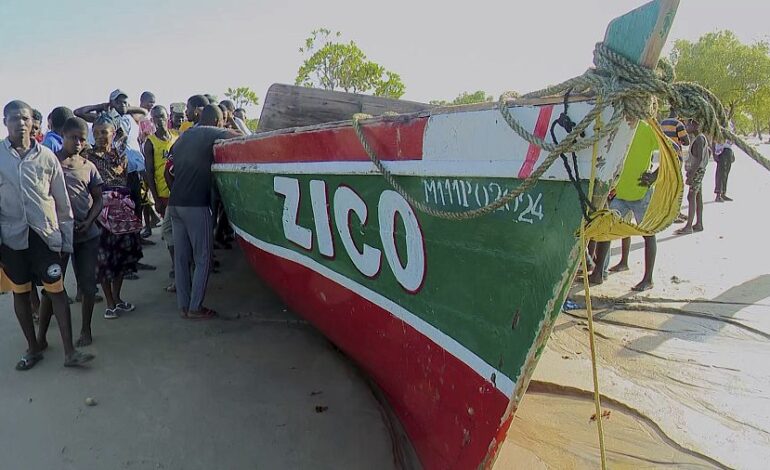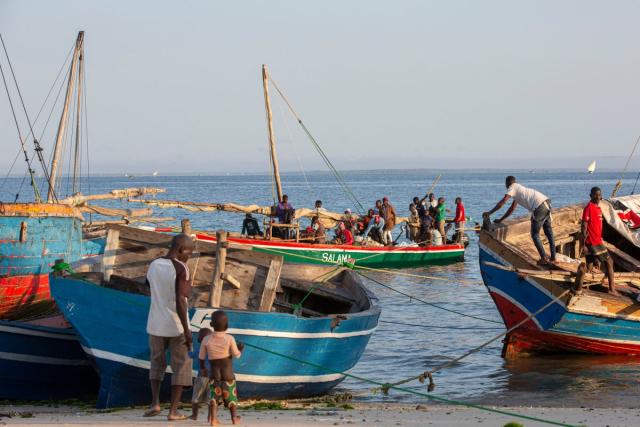
Faith Nyasuguta
A ferry capsized off Mozambique’s northern coast, claiming the lives of at least 94 individuals, including children, with 26 others reported missing. Officials revealed that the vessel, initially identified as an overloaded fishing boat, lacked the necessary license for passenger transport, heightening concerns about safety regulations.
Lourenco Machado, an administrator from the country’s Maritime Transport Institute (INTRASMAR), disclosed the grim details on state television, attributing the tragedy to the ferry’s overcrowded conditions. The boat, carrying around 130 passengers, was en route from Lunga in Nampula province to the Island of Mozambique when it capsized.
The incident drew attention to the plight of victims’ families, who shared accounts of loss and sorrow. Momade Raisse, a victim’s brother, recounted the tragic fate of his sister and granddaughter, stressing the profound impact of the disaster on affected communities.
Reports suggested that passengers were fleeing mainland areas, seeking refuge on the Island of Mozambique amid fears of a cholera outbreak. The boat, ill-equipped to accommodate such a large number of passengers, succumbed to adverse conditions, leading to its tragic overturning.

Jaime Neto, Nampula’s Secretary of State, shed light on the circumstances surrounding the disaster, attributing the ferry’s sinking to overcrowding exacerbated by misinformation about the cholera outbreak. Neto’s statements echoed those of state broadcaster TVM and BBC, highlighting the urgency of addressing public health concerns in the region.
As rescuers grappled with the aftermath of the disaster, social media platforms circulated videos purportedly depicting the scene. While the authenticity of these videos remained unverified, they offered glimpses into the magnitude of the tragedy and the scale of the rescue efforts.
The catastrophe highlights Mozambique’s ongoing struggles with poverty and waterborne diseases, with nearly 15,000 cases of such illnesses and 32 fatalities reported since October. The incident serves as a stark reminder of the urgent need for improved safety measures and regulatory oversight in maritime transportation to prevent future tragedies.
Amidst mourning and reflection, Mozambique confronts the harsh realities of its impoverished population and the vulnerabilities it faces in the face of natural disasters and public health crises. As the nation mourns the lives lost in this maritime tragedy, efforts must intensify to address systemic issues and safeguard the well-being of its citizens.
RELATED:




